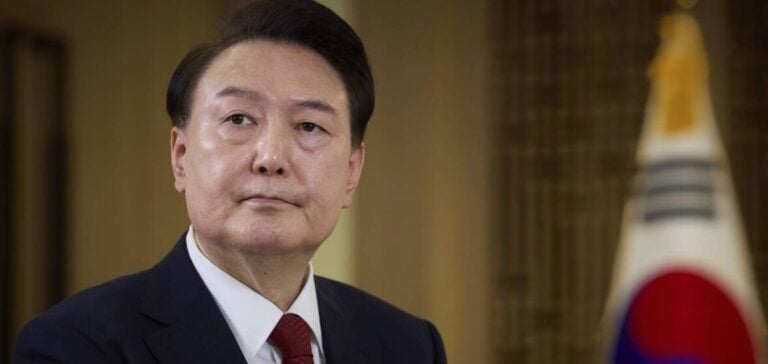South Korea, under the leadership of President Yoon Suk Yeol, is committed to transforming Gyeongju into an industrial center for small modular reactors (SMRs). At the 26th People’s Livelihood Debate Meeting, held on the campus of Yeungnam University in Gyeongsan, Yoon introduced the project as an initiative to propel high-tech manufacturing innovation in Northeast Asia. The aim is to actively support Gyeongbuk in becoming a regional leader in advanced technologies.
Government and Financial Support
The South Korean government plans to invest KRW 300 billion (USD 216 million) in the creation of a national industrial complex for SMRs in Gyeongju. This initiative is aimed at proactively securing the small modular reactor technology that is currently being developed competitively on a global scale. The Ministry of Trade, Industry and Energy will create an KRW 80 billion fund by next year to support growth in the country’s nuclear sector.
Nuclear Sector Development
President Yoon also confirmed that construction of units 3 and 4 at the Shin Hanul nuclear power plant in North Gyeongsang province will continue without interruption. Design work on the two APR1400 reactors had been suspended in 2017 due to uncertainties over government policies on new reactor construction. This initiative is crucial to restoring the nuclear industry’s ecosystem and promoting Gyeongbuk’s new industrialization. The US National Nuclear Security Administration (NNSA) recently strengthened its relationship with South Korea by signing declarations of intent to improve the proliferation resistance of research reactors.
Hydrogen Hub and Carbon Neutrality
In parallel, plans to develop Gyeongbuk into a hydrogen industry hub are underway, with the creation of a KRW 800 billion hydrogen economy industrial belt on the east coast, linking Pohang and Uljin. A hydrogen fuel cell cluster is currently under construction in Pohang’s National Blue Valley Industrial Complex, where some 30 hydrogen fuel cell companies are setting up to promote local hydrogen fuel cell production.
Large-scale projects
Since 2022, construction of the Uljin National Hydrogen Industry Complex, valued at KRW 400 billion (USD 300 million), has begun, reinforcing South Korea’s efforts to promote hydrogen as a future energy source and achieve carbon neutrality by 2050. The project benefits from a preliminary tariff exemption to accelerate its development. These initiatives testify to South Korea’s commitment to becoming a major player in renewable energy and nuclear technology, placing North Gyeongsang province at the heart of this industrial and energy transformation.






















